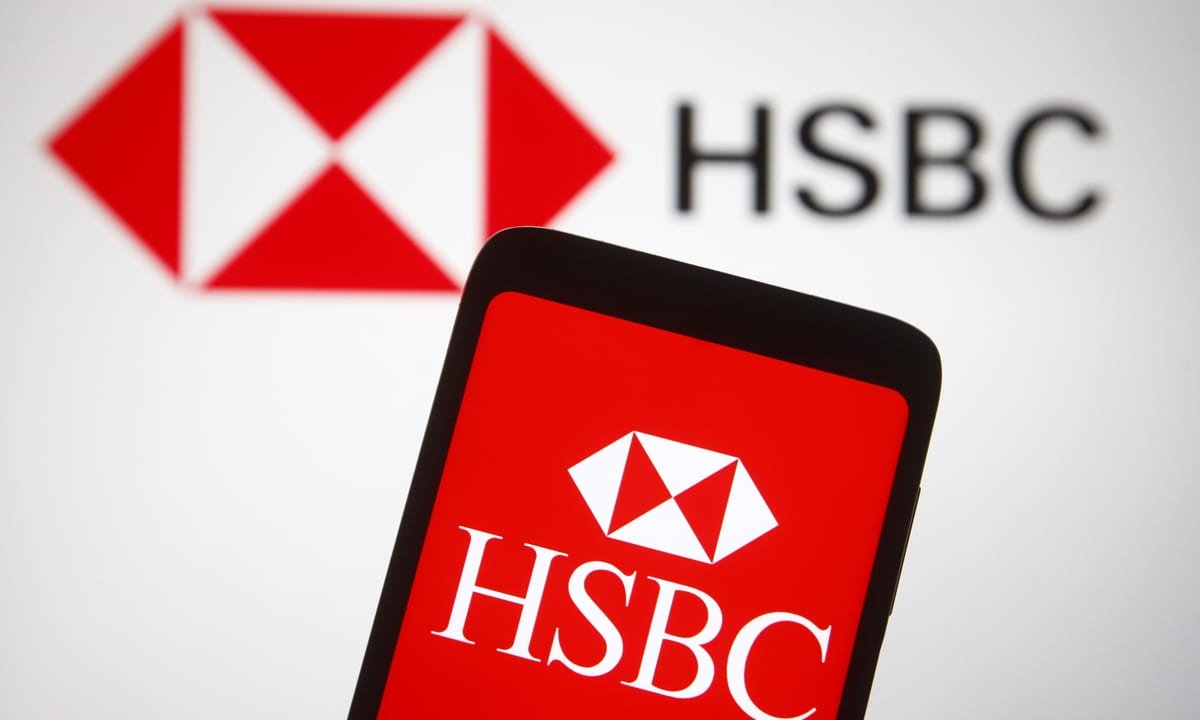Business
HSBC Business: Account Creation and Login Guide

Having a trustworthy banking partner is absolutely necessary in the world of business, which is always changing. HSBC, a worldwide financial institution with a long and illustrious history, provides businesses of all sizes with all-encompassing banking solutions that can be customised to their specific needs.
This blog will act as a guide for you to understand how to create a business account with HSBC and how to navigate the login process to access its suite of services.
Why HSBC Business Banking?
HSBC has made a name for itself as a significant participant in the field of finance. It is well-known for the global scope of its operations, the creative solutions it offers, and its dedication to providing help to businesses.
HSBC recognises the specific requirements of businesses and makes it a priority to meet those needs by providing a diverse range of services, including trade and supply chain management, business financing, and many more.
Creating an HSBC Business Account
The procedure of opening a business account with HSBC is simple, and it may be done either online or in person at a branch in your area. The following is a guide to getting started:
Online Application:
- Check out the webpage for the HSBC business banking.
- Choose the “open a business account” option from the menu.
- Give some information about your company, including its name, kind, and the sector it operates in.
- Please provide the required papers, which may include identification and proof of address, along with any applicable business licences.
- Your application will be reviewed by HSBC, and the bank may get in touch with you to request further information if necessary.
In-Person Application:
- Find the HSBC branch that is closest to you.
- Make an appointment to speak with a representative of the business banking department.
- Bring all of the necessary documents with you, including those relating to the establishment of the firm, identification, and address verification.
- The person will walk you through the application process and answer any questions that you may have along the way.
Logging into Your HSBC Business Account
After your business account has been established, it is imperative that you gain access to its capabilities and effectively manage your finances. The following steps will guide you through logging into your HSBC business account:
Online Banking:
- Please visit the official website for HSBC’s business banking.
- Find the place that asks you to log in; it’s normally in the upper right corner of the website.
- Please enter your username and password for your business banking account.
- It is possible that you will be required to go through a security setup procedure the very first time that you log in. This is done to ensure that your account is kept secure.
HSBC Mobile Banking App:
- You can obtain the HSBC Mobile Banking app from the app store on your mobile device.
- Launch the application, then select the “Log In” item from the menu.
- Please enter your username and password for your business banking account.
- In order to further increase the level of security, it is possible that you will be asked to supply extra security information or utilise biometric authentication.
Exploring HSBC Business Banking Services
After logging in, you’ll have access to a variety of business banking services provided by HSBC, including the following:
Account Management:
- Keep an eye on both the current balance and the activity on your account.
- Move money around within accounts and out of the system into other accounts.
- Organise your finances by establishing direct debits and standing orders.
Business Loans and Credit:
- Submit applications for loans, lines of credit, and overdraft facilities for your company.
- Take responsibility for both your loan accounts and your repayment schedules.
International Trade and Finance:
- Gain access to solutions for global business processes pertaining to trade and supply chains.
- Take charge of both international currency management and payments.
Cash Management:
- Streamline the administration of your cash flow by utilising technologies such as payment initiation and collection services.
Business Insights:
- Gain access to useful financial statistics and insights so that you may make educated business decisions.
Conclusion
Because of its dedication to offering customised banking solutions for businesses, HSBC has established itself as a dependable partner for companies all over the world. If you have an HSBC business account and are familiar with how to log in, you will have access to a wide variety of financial services that are designed to help your company succeed and expand. Whether you’re a small startup or a huge organisation, the business banking products and services that HSBC has to offer are designed to help you survive in the highly competitive business landscape of today.
FAQs
What is the main product of HSBC?
HSBC’s main product is banking. HSBC offers a variety of banking services to individuals, corporations, and institutions worldwide. This encompasses individual retail banking, corporate and business banking, investment banking, wealth management, and financial goods like loans, credit cards, savings accounts, and more.
HSBC’s worldwide reach, comprehensive network, and various solutions allow it to address a wide range of financial demands for consumers in different countries and locations.
Is HSBC a UK business?
Yes, HSBC (Hongkong and Shanghai Banking Corporation) was founded in Hong Kong in 1865 and has UK roots. After acquiring Midland Bank in 1993, it moved to London from Hong Kong. London-based HSBC Holdings plc is the parent corporation of the HSBC Group.
HSBC, a British international bank, has branches in many countries. The bank’s headquarters and a large part of its operations are in the UK, despite its Hong Kong and Shanghai roots.
What is the largest bank in the world?
Who controls money in the world?
Central Banks:
Most central banks regulate interest rates, money supply, and financial stability. They print and regulate a nation’s currency.
Government:
Taxation, spending, and budgeting help governments handle money. Government economic policies and laws indirectly affect the money supply.
Commercial banks
Commercial banks and other financial entities create money through lending. Loans create new money by depositing digital funds into clients’ accounts.
International Organisations:
The IMF and World Bank shape global monetary policies and aid developing nations. They advise member nations on economic policy.
Cryptocurrencies:
Consensus methods and cryptography govern decentralised cryptocurrencies like Bitcoin. They offer non-bank money.
Financial Markets:
Stock, bond, and foreign exchange markets affect money and the economy worldwide. Investors, traders, and institutions in these markets affect currency values and money flows.
Multinational firms:
Due to their global operations, commerce, and financial transactions, large multinational firms affect money and economic activity.
Consumers and individuals:
Spending, saving, and investing decisions affect money control. Consumer confidence affects economic growth and stability.











